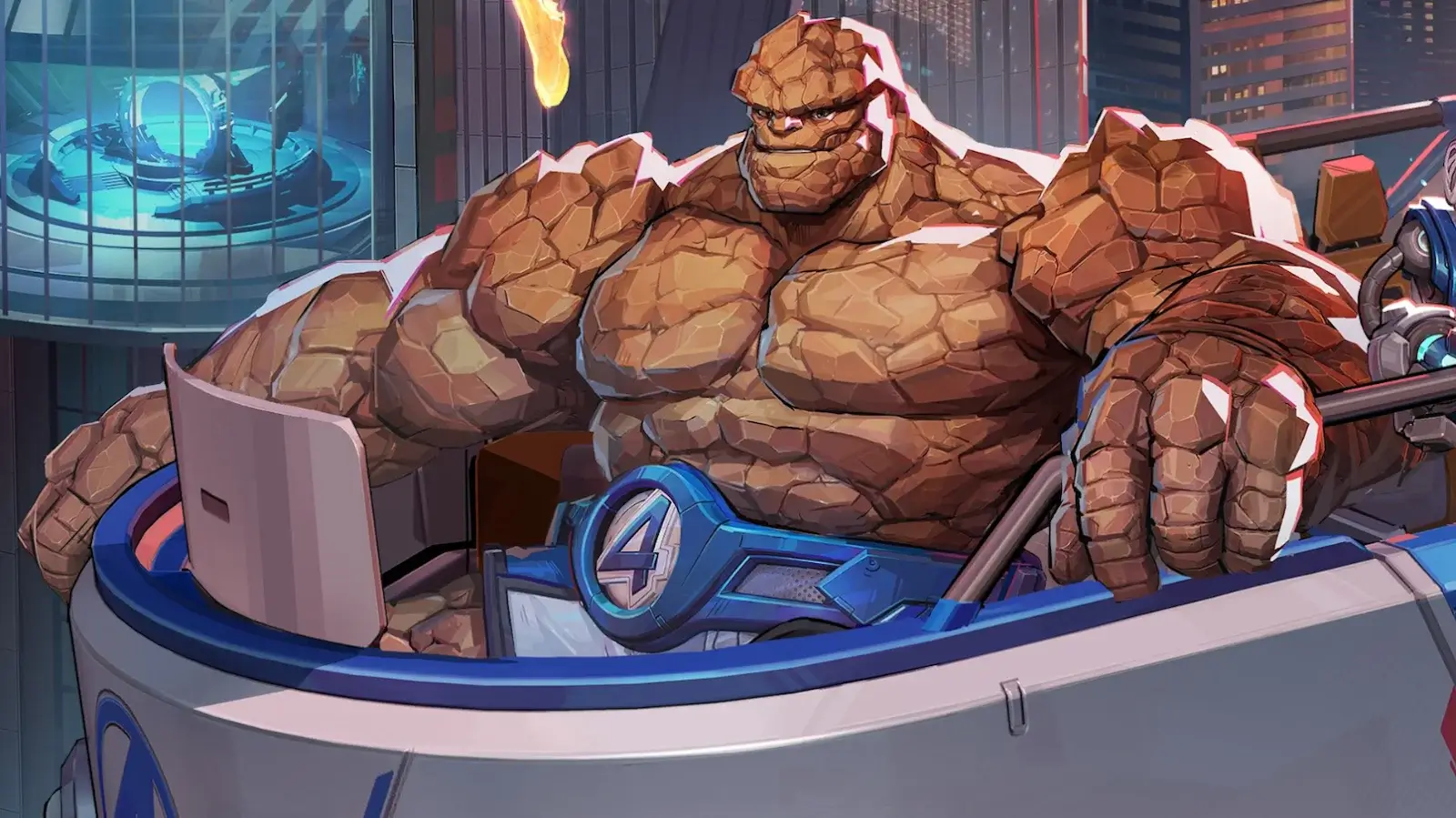This Marvel Rivals playoff matchup between 100 Thieves and Envy was a masterclass in switching comps, targeted draft bans, and unconventional strategies.
The Guardian's Res Comp
Envy opened with a triple-resurrection Guardians comp — Adam Warlock, Mantis, and Star-Lord — on Domination. In most metas, DOM is considered hostile for this style due to its need for burst control, yet Envy weaponized it and did well in the first match. Cycling resurrections forced 100 Thieves to win fights multiple times over, slowing the pace and creating comeback potential on contested points.
Why it’s surprising: Triple-res comps are rare, slow, and vulnerable to coordinated burst. Seeing one work on DOM at the highest level is an anomaly and a testament to Envy’s comfort with sustained fights.
Terra’s Wolverine
Through the ban phase, Wolverine slipped through given that he’s often a permanent ban in competitive play. It was devastating: airborne tackle cancels on Speedery’s Galactic Legend, surgical pick-offs, and relentless pressure. Allowing Wolverine to dictate the pace was a tough enough that Envy couldn't really respond to it.
Ban Phase Analysis
Marvel Rivals’ ban system isn’t simple — it’s probability-based, meaning ban votes influence odds rather than guaranteeing removal. Both teams used this phase not to block top-meta heroes outright but to manipulate probabilities in their favor. Protecting Emma Frost and Magneto suggested targeted reads on opponent comfort picks, rather than pure meta defense.
Switching Comps
While the Guardians comp stole Map One, Envy abandoned it later when map geometry limited Adam Warlock’s safe zones. The ability to pivot mid-series rather than stubbornly forcing a comfort comp kept them competitive even though Terra was dominating.
Takeaway: Many teams overcommit to their comp and switch too late. Sometimes you have to just turn around and go back to the spawn.
Patience Beats Sustain
100 Thieves countered Envy’s opening strategy with slow-play counter-engages. They didn't panic, and coordinated their cooldowns conservatively. They did a really great job against overextensions, they neutralized much of the sustain advantage. Patience here wasn’t passive — it was a deliberate tempo control strategy.
Up Next:
We'll review the rest of those matches, but if you haven't already, please please please check out these matches.
